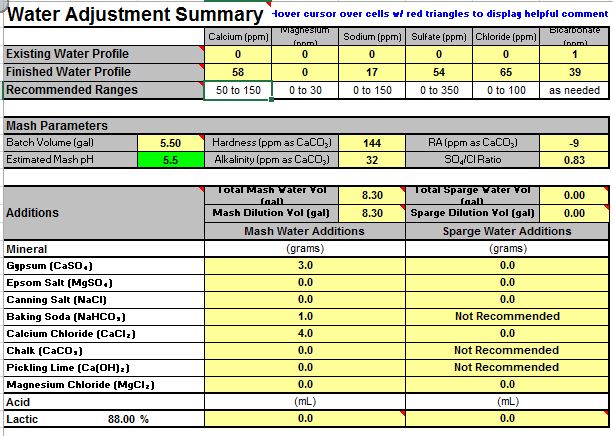BrewMeister49
Well-Known Member
I have tried Bru n water and cannot download it for some reason. I am very new at the water building thing. I am going to be doing Yoopers Oatmeal Stout with RO water. I have no clue where to even start lol. Would it hurt to just leave it as is ( RO water unmodified?) or where can I/ What should I use/do? Yooper?



